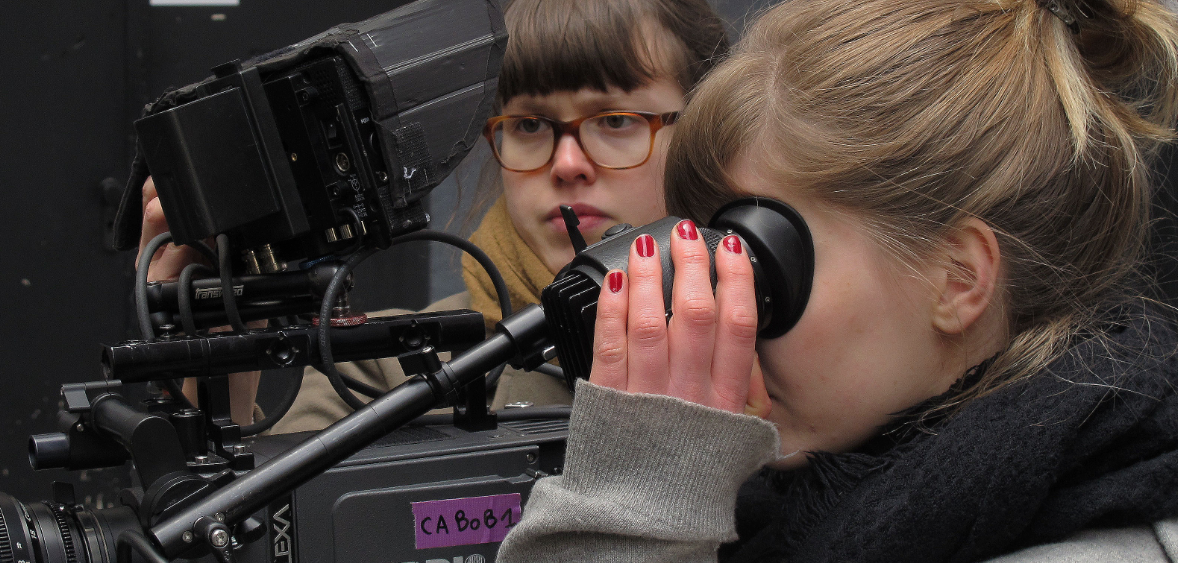Cinematography Department

Department overview by Jean-Jacques Bouhon and Pierre-William Glenn, Heads of the Cinematography Department.
"In a film, the director of photography or DoP is responsible for creating images, their coherence in relation to the continuity of the film and their final result on screen.
The application of cinematographic techniques calls on a sound knowledge in disciplines as varied as optics, photochemistry, digital film, colorimetry, lighting, electricity and special effects not to mention artistic, human and even financial skills.
While we all know that you can’t teach talent, acquiring the skills to master the tools to express your talent is essential.
Teaching is based on three components:
— The theory, which will allow cinematography students to acquire the knowledge they need to approach the practical phase with sound functional skills and think about the aesthetic implications of image capture in a film.
— A series of practical exercises and masterclasses with directors of photography during which students can assimilate the foundations acquired to successfully execute the various aspects of cinematography. These methods call on students to think about and physically acquire the manual dexterity required to implement and master the tools required for creating images.
— Shoots working with the other departments, opportunities for cinematography students to carry out the disciplines of their future career and learn the essential skills of collaborating with a director and professionals in other specialisations.
Theoretical and practical training are provided so the latter gives sense to the former and together they offer the chronological preparation for joint film shoots.
The objective of the tutoring is to train working cinematography professionals, first and foremost directors of photography and camerapersons, but also proficient assistant camera operators, as this is generally the position students can aim for after graduating, the perfect role for ’paying the bills’ and building up professional experience.
La Fémis contributes to the evolution of this particular discipline in keeping with professional standards. To ensure the course content is valuable, it is crucial that students in different departments, the tutors and the management can establish trusting and mutually respectful relationships. This is one of the guiding principles of the professional life of those in show business where healthy competition in finding employment is a constant necessity. As for any homogeneous team, constructive criticism must be accompanied by practical and creative solutions."





